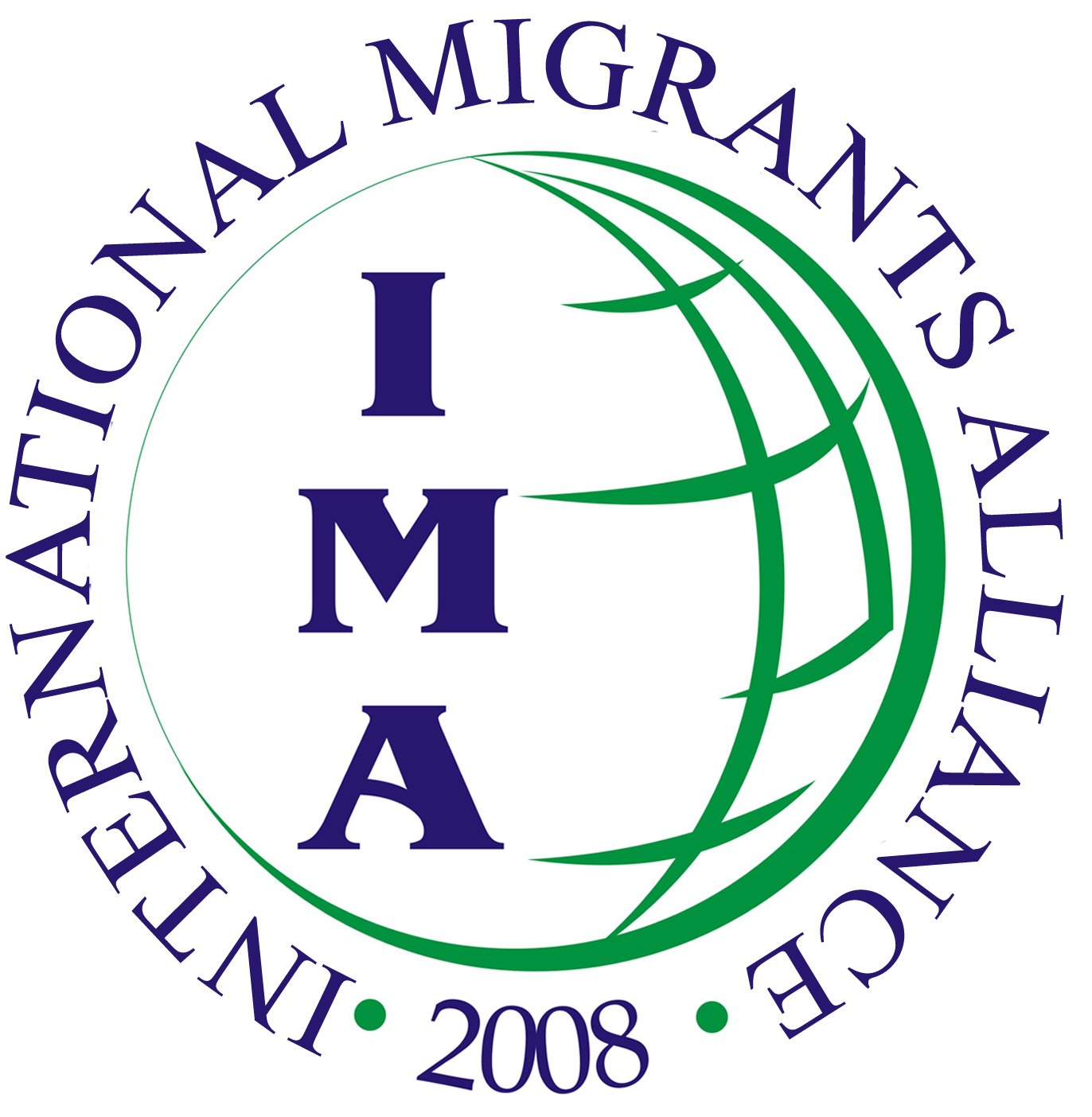MIGRANTS, IMMIGRANTS, REFUGEES AND DISPLACED PEOPLES:SOLIDARITY FOR HEALTH RIGHTS AND HEALTH SERVICES! SOLIDARITY AGAINST COVID-19 AND NEOLIBERALISM!
The International Migrants Alliance (IMA) a grassroots-led global formation of migrants, immigrants, refugees and organizations of displaced peoples joins the world in its fight to overcome the COVID-19 pandemic. Moreover, we are with those who believe that the pandemic does not only expose the flawed global health care systems from the imperialist countries to their neocolonies but also laid bare the bankruptcy of capitalist neoliberalism and the need for system change.
We salute the health frontliners that include numerous migrants and immigrants who daily expose themselves to the risk of infection to serve those in need. We give highest regards to those who have already fallen in the course of their service, and we mourn for the tens of thousands who succumbed to the sickness.
To date, the World Health Organization reports 937,100 COVID-19 infections in 203 countries and territories with 47,266 deaths. Among the victims are migrants whose already insecure was made even more vulnerable by the outbreak.
In destination countries with dense population of migrants, refugees and displaced people, the calls by grassroot organisations and service providers for inclusion to services and protection continue as governments are wont to exclude them from assistance or disregard their condition when formulating policies in response to the COVID-19 crisis.
Travel bans and lockdowns are happening everywhere. While these are understandable measures, there has been no conscious investigation of the extent of the impact to employment of migrants and would-be migrants who find themselves trapped. Their insecurity is doubled with worrying about the future of their employment on top of their health anxiety.
Many migrants are also left to their own devices to procure personal protective equipment that can reduce their risk of infection. With the users pay in place even on health services, expenses for individual protection are shouldered by migrants on top of their meager salary and the increasing support they have to give to their households back home whoa re also facing difficulties due to policies imposed to address the COVID-19 crisis.
In these difficult times, notable are the conditions of undocumented migrants who are already in a vulnerable situation even before the outbreak. Members of the IMA have reported that undocumented migrants in South Korea are finding it difficult even to buy masks, as identification is required for purchase.
Meanwhile in Malaysia, undocumented migrants are afraid to come forward for test and screening due to fear of arrest and detention. Condition in detention centres is a concern in itself as they are usually cramped and unhygienic. The government has also required foreign workers to pay for their own tests and, if necessary, hospitalization which put more pressure to migrants who have had no work for weeks.
In Italy, undocumented migrants are hesitant to go out in public to buy their needs for fear of arrest due to increased police present. In the United States, ICE raids of suspected undocumented migrants continue despite the spread of the virus.
Host governments also failed to provide and disseminate correct information about COVID-19 and its preventions in languages understandable by migrants, refugees and other displaced people in their country.
Discrimination and xenophobia have also been reported especially against Asians who are unfairly profiled as virus carrier. In countries where migrant domestic workers are forced to stay with their employer, the call for them to forego their day off was also dubbed unjust as it pictures Migrant Domestic Workers as carriers if they do decide to take their rightful time to rest that they cannot do if they stay in the house of their employer.
The situation in the countries of origin is even more dire as these are the lesser developed countries with even more inadequate planning and health infrastructures to face the outbreak. While lockdowns were implemented in the Philippines and Indonesia, accompanying health and economic services were sorely lacking if not totally absent. The glaring inequality has also been even more obvious with the poor more gravely affected by mobility restrictions, lack of testing, and lack of relief services.
For migrants, immigrants, refugees and displaced peoples, solidarity is even more important now as the COVID-19 has further exposed our vulnerabilities and insecurities. The condition that forced us to leave and the condition that met us in the destination countries have been unchanged and were even worsened by the continued adherence to neoliberal policies that reduced migrants to cheap workers and commodified exports with eroded access to public services.
We commend migrant organisations and migrant service providers in many countries who have come together to deliver relief to those gravely affected by policies meant to address the COVID-19 outbreak, while also consistently raising policy concerns to governments.
As we face COVID-19 with solidarity among migrants and with workers and people both in the country where we are and where we are from, we will also never forget that the fight against the virus is a battle that we need to overcome in order to face the bigger war: against forced migration, capitalist exploitation, imperialist plunder and aggression. This is the bigger war we have to also win to ensure that should a crisis like COVID-19 arises again, a more people-centered system and structure are in place to face the crisis.
Reference:
English
Eni Lestari, Chairperson
Phone: +85296081475
